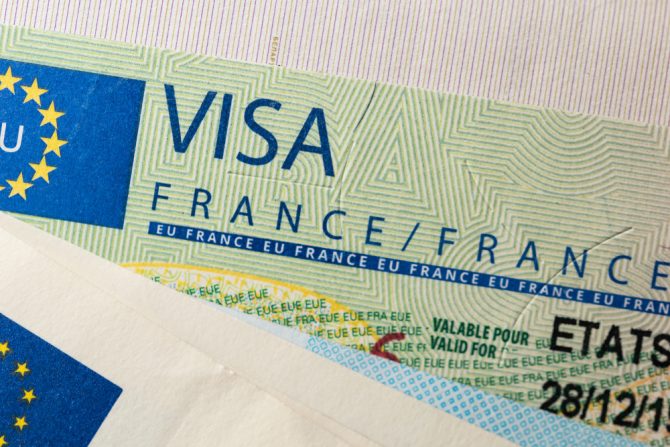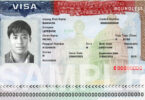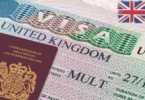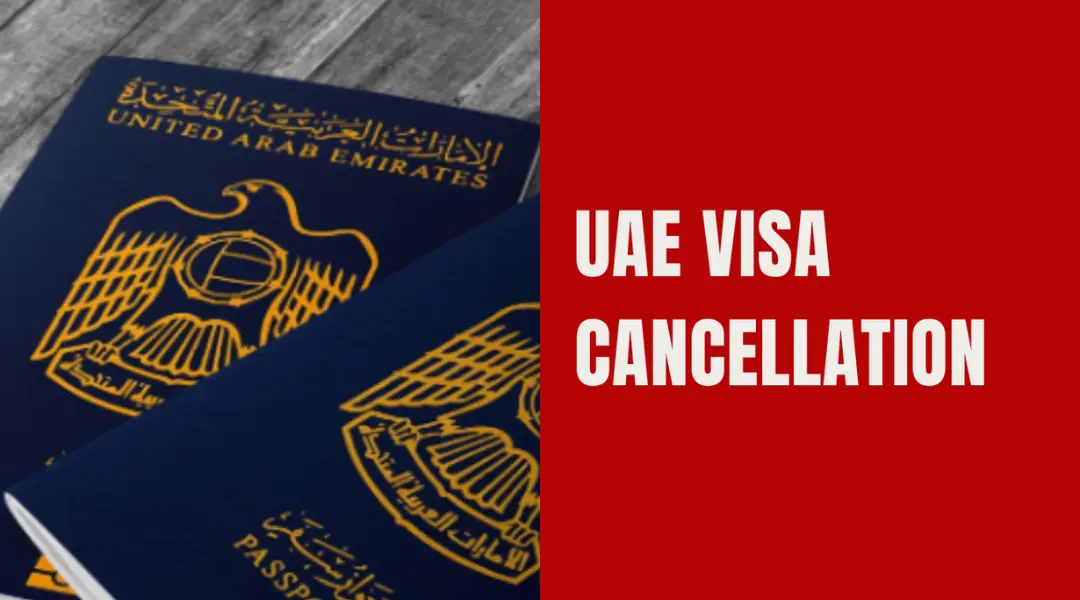Are you dreaming of spending more than just a fleeting visit in France? Whether you’re planning to study, work, or simply soak up the culture for an extended period, securing a long stay visa is your golden ticket to making it happen.
But, navigating the visa application process can be a maze of paperwork and protocols. Fear not, because I’m here to guide you through the essentials of obtaining a Long Stay Visa for France, focusing on the supporting documents you’ll need to pack alongside your dreams.
Overview of Long Stay Visa in France
First, let’s get a lay of the land. A Long Stay Visa, also known as Visa de Long Séjour, is your entry pass for staying in France for more than 90 days. These visas are tailored for various purposes – from studying at a French university to joining family or taking up employment. They are generally valid from 4 months to 1 year, but here’s the catch: once you’re in France, you might need to convert your visa into a residence permit depending on your visa type, which we’ll dive into later.
ALSO SEE: Best Visa-Free Countries for Solo Female Travelers
How to Apply for Your Long Stay Visa
Starting your journey to France requires more than just a suitcase packed with clothes; it’s about assembling the right paperwork. Here’s how you can smooth sail through the application:
Check Your Eligibility: Not everyone needs a visa. If you’re from an EU, EEA, or Swiss country, you’re golden for staying longer without one. However, for most others, a visa is a must.
Use the France-Visas Website: This is your go-to resource. The Visa Wizard on this site will help you figure out if you need a visa and what type fits your purpose. It’s like having a personal visa advisor online.
Organize Your Documents: This is the moment where preparation aligns with opportunity. We’ll go into more detail later, but think of it as assembling a personal file that confidently declares, “I’m meant to be in France.
Book Your Appointment: You’ll need to schedule an appointment at your nearest French consulate or visa application center. Remember, these slots can fill up fast, especially in peak seasons.
Pay Your Fees: The fee for a long stay visa is around €99, but this can vary, so always check current rates.
Submit and Wait: After handing in your application, the waiting game begins. Processing times can range from a few weeks to a couple of months, so plan accordingly.
The Requirements: Your Ticket to French Soil
Now, let’s talk about the heart of your application – the supporting documents. Here’s what you’ll need:
Valid Passport: Your passport must be valid for at least three months beyond your departure date from France and issued within the last 10 years with two blank pages.
Application Form: This is where you tell your story. The form, filled out online via France-Visas, should be printed and signed. Ensure every detail is correct to avoid any hiccups.
Photographs: Two recent passport-sized pictures that comply with Schengen visa photo specifications.
Proof of Financial Means: Show you can support yourself. This could be bank statements, proof of scholarship, or a letter of financial support. The magic numbers? €65 per day if you’ve got hotel bookings, €32.50 if hosted, or €120 for other accommodations.
Health Insurance: An essential requirement. Your policy should provide a minimum coverage of €30,000 for medical emergencies, including repatriation expenses.
Proof of Accommodation: Whether it’s a hotel, a rental agreement, or an “attestation d’accueil” from your host, France wants to know you have a roof over your head.
Reason for Stay: Depending on your visa type:
For Students: Enrollment proof, no objection from your school in home country, etc.
For Workers: Employment contract, business license if self-employed.
For Family Reunification: Marriage or birth certificates.
Criminal Record: Some consulates might ask for this. It’s to ensure you have no legal issues that could bar your entry.
Travel Itinerary: If you’ve got your travel plans sorted, include this to show you’ve thought this through.
Each document must be in French or translated by a certified translator if otherwise. Originals and photocopies are typically required, ensuring each piece of paper tells your story of why France is your next chapter.
After the Application: What’s Next?
Once in France, if your visa indicates you must apply for a residence permit, you’ve got two months to comply. This involves a trip to the local prefecture or police headquarters (if in Paris) with all your documents again. It’s a bit of a repeat performance but necessary for your extended stay.
Why This Matters
Why go through all this trouble? Because France isn’t just another place to visit; it’s a destination to live in, learn from, and love. With your long stay visa, you’re not just a tourist; you’re part of the fabric of French life, whether it’s through education, work, or family.
Conclusion
Embarking on a long-term stay in France requires more than just a love for croissants and the Eiffel Tower. It’s about proving you’re ready to integrate, contribute, and immerse yourself in this vibrant culture. With the right documents, a bit of patience, and this guide, you’re well on your way to calling France home – even if just for a year. Remember, each document you provide is a step closer to your French adventure. So, gather them wisely, apply diligently, and soon, you’ll find yourself living the French dream.






